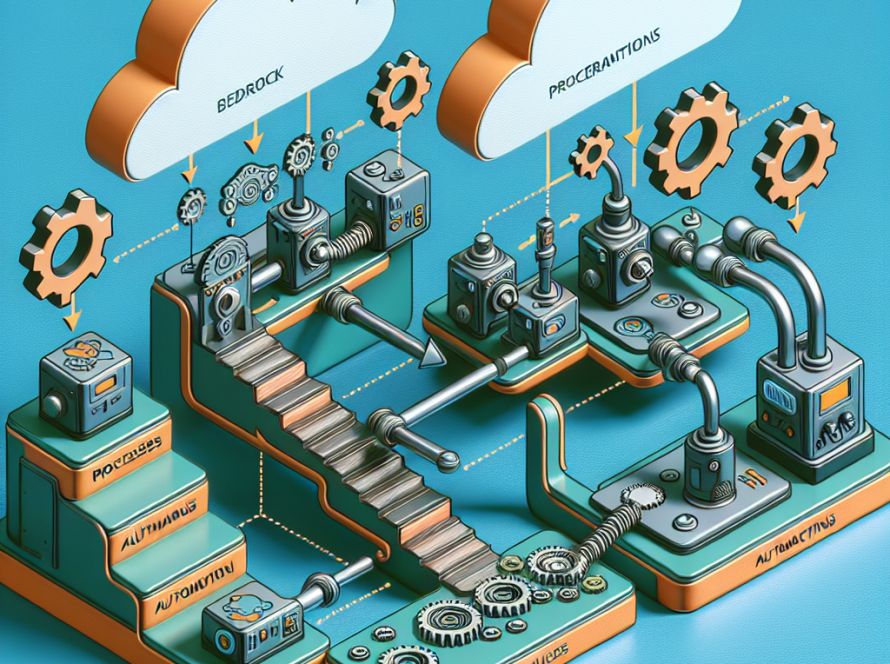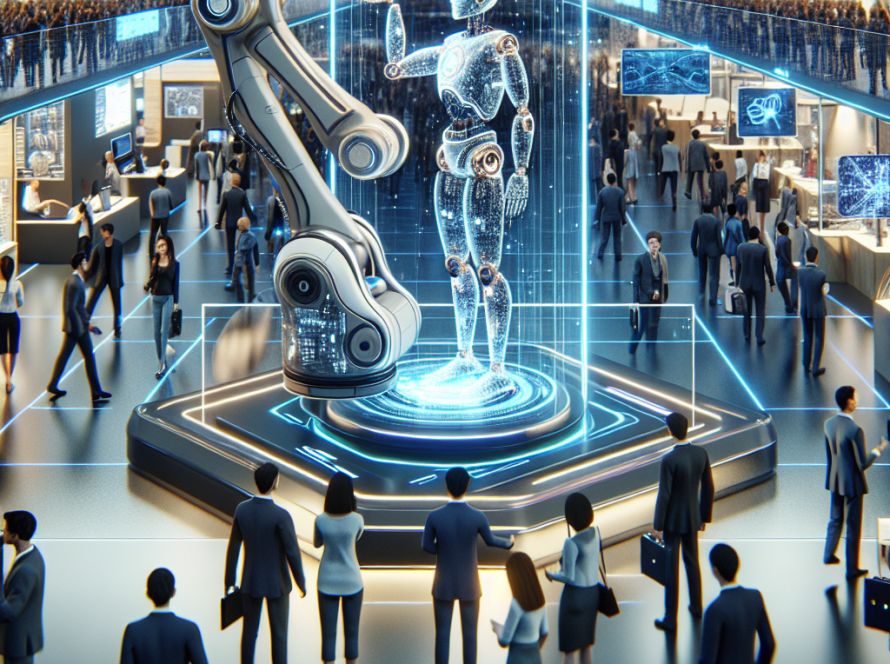During the “Generative AI: Shaping the Future” symposium held as part of MIT’s Generative AI Week, experts discussed the opportunities and risks of generative AI, a type of machine learning that creates realistic outputs such as images, text, and code. The keynote speaker, Rodney Brooks, co-founder of iRobot and professor emeritus at MIT, warned against overestimating the capabilities of AI and stated that “no one technology has ever surpassed everything else.”
Generative AI has shown promising applications in art, language translation, and educational support for underserved students, among others. MIT President Sally Kornbluth stressed the need for collaboration among academics, policymakers, and industries to safely implement AI solutions that can solve real-world problems.
However, caution regarding generative AI’s capabilities was a recurring theme of the discussions. Although the technology showcased impressive tasks such as creating a sonnet in the style of Shakespeare’s Sonnet 18, because the underlying mechanisms of these models aren’t fully understood yet, they can be prone to overestimation of their abilities. Brooks warned about the dangers of jumping into new AI advancements at the expense of other valuable research, the risk of firms gravitating towards high-margin technologies regardless of their actual utility, and the neglect of other forms of software and AI.
Aside from impressive demonstrations, the focus was also on the future of generative AI research and ensuring its responsible deployment. The panel, comprised of MIT faculty, discussed potential research directions like integrating sensory experiences beyond language and images, engaging with policymakers and the public, and avoiding ‘digital snake oil’ – applications that promise significant results but could be harmful in the long run.
The event was an opportunity for industry members, faculty and students to not only understand the potential of generative AI but also the need for responsible and informed implementation. Future work on generative AI will focus on both technical innovation and integration with existing systems, making the technology more reliable, trustworthy and enlightening about human intelligence and creativity.


